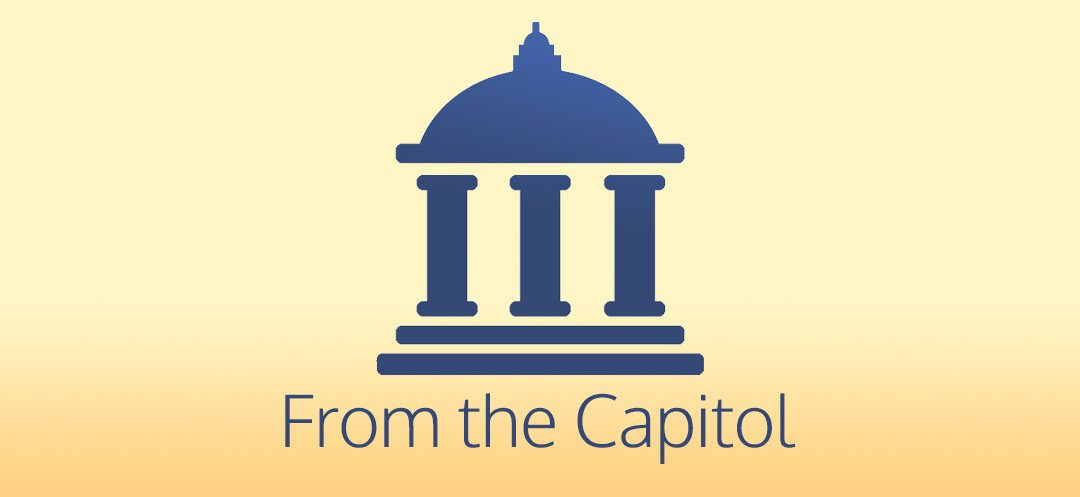Proposed changes to federal rules around Medicaid billing could make it easier for schools to pay for certain special education services.
Currently, schools can bill Medicaid for health-related services in a student’s IEP, such as speech, occupational and physical therapy, when the student is enrolled in Medicaid, but only if they obtain parental consent first.
This spring, the U.S. Department of Education (USDOE), proposed new rules that would allow schools to seek payment from Medicaid without securing parental consent.
According to the USDOE, the proposed rule would establish a uniform process applicable to all Medicaid-enrolled children, regardless of disability. Special education services must always be provided to children at no cost to families.
School administrators have hailed the proposal as cutting out “unnecessary red tape” that schools and districts face in billing Medicaid. According to recent studies, over 70% of school leaders reported that parents are skittish about signing any sort of consent or release related to Medicaid billing. As a result, a substantial number of forms remain incomplete, leaving schools unable to bill Medicaid for many services that should qualify.



